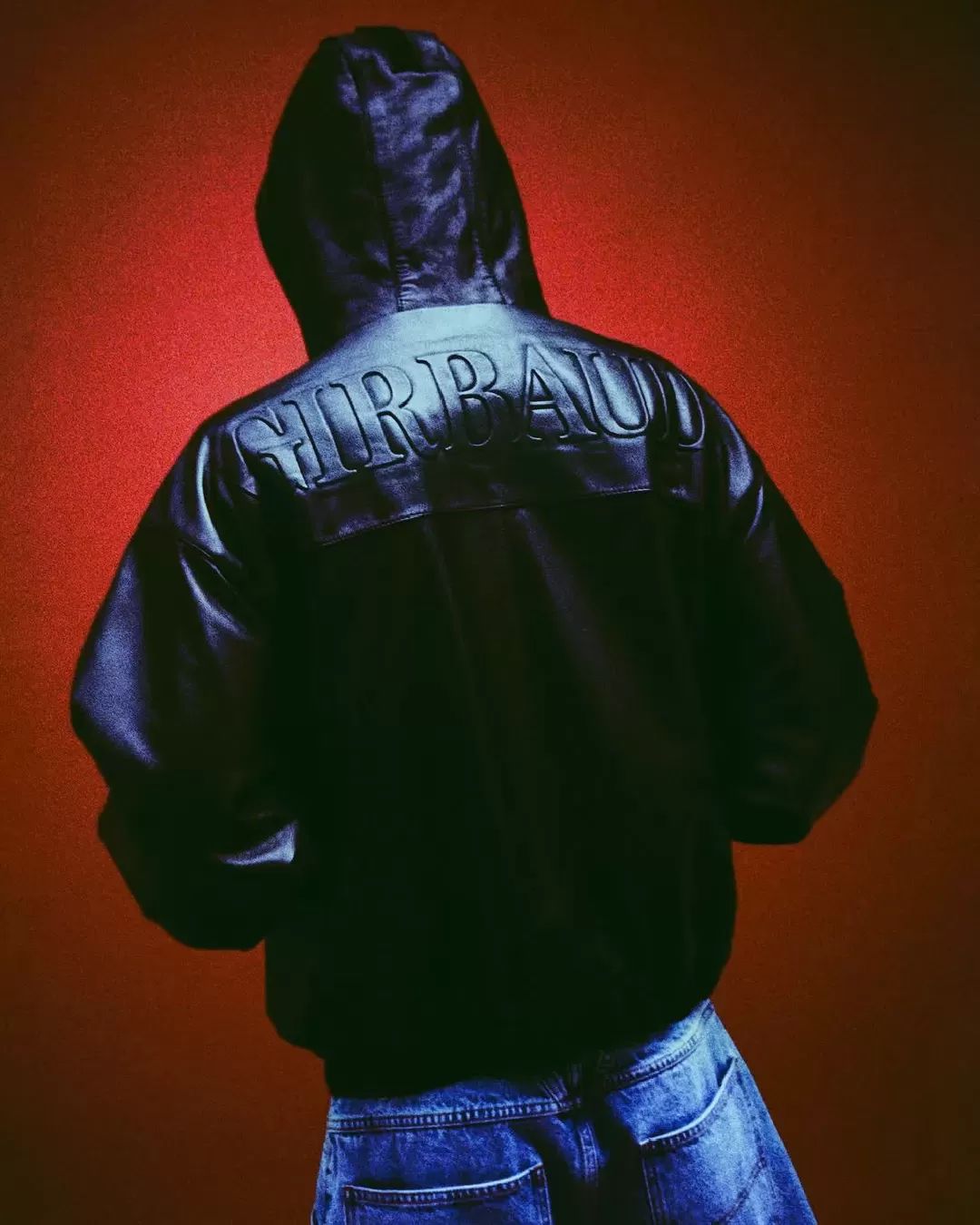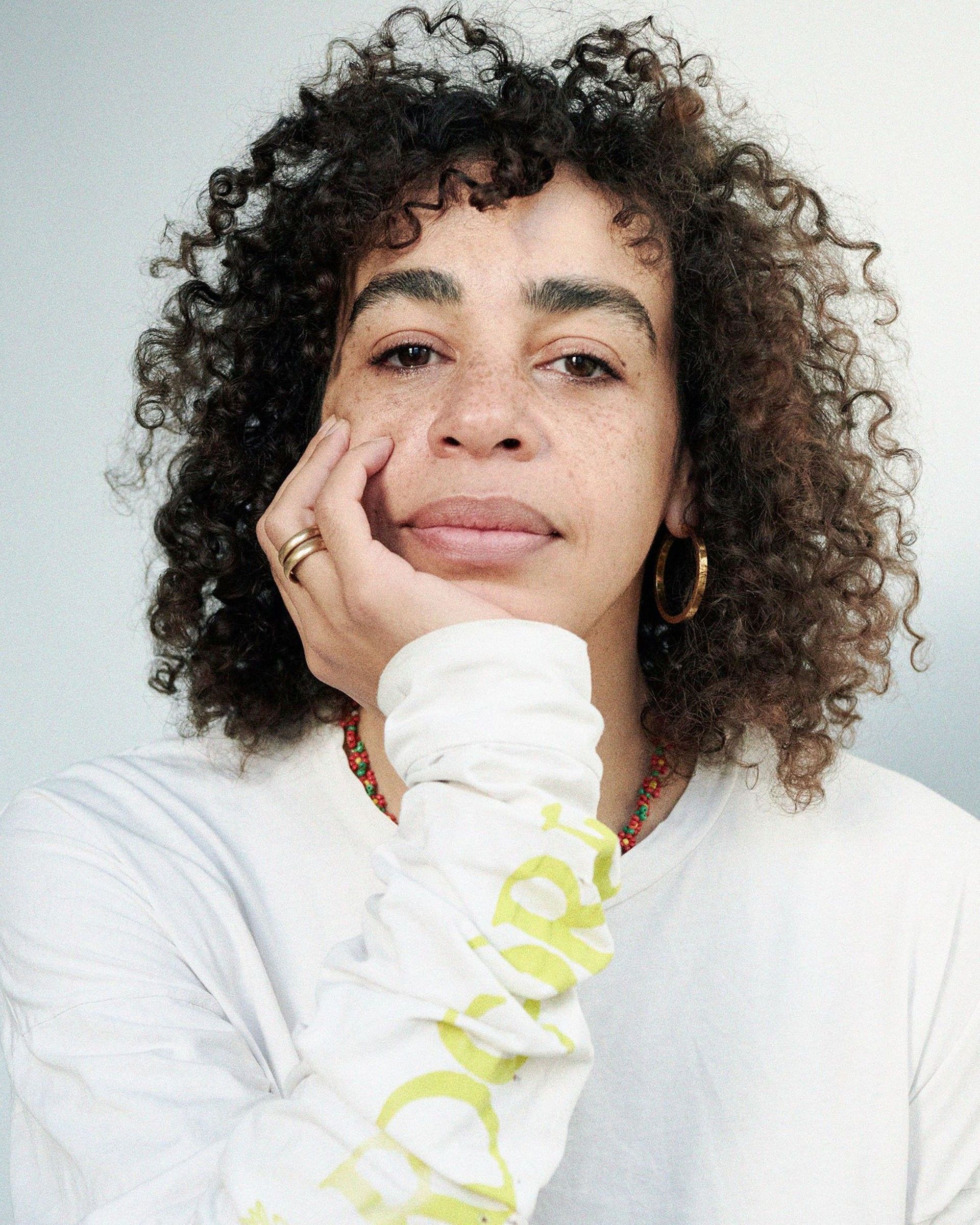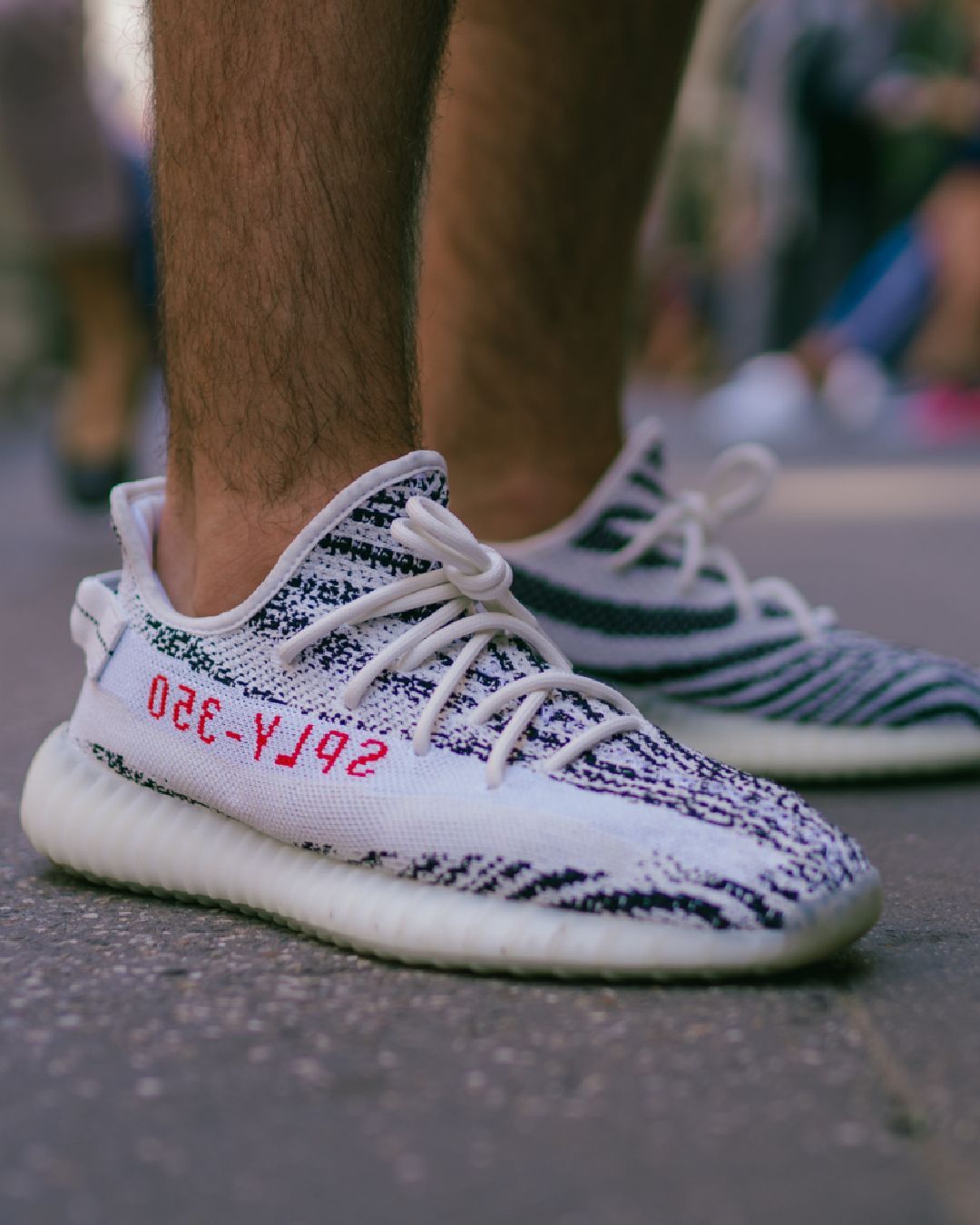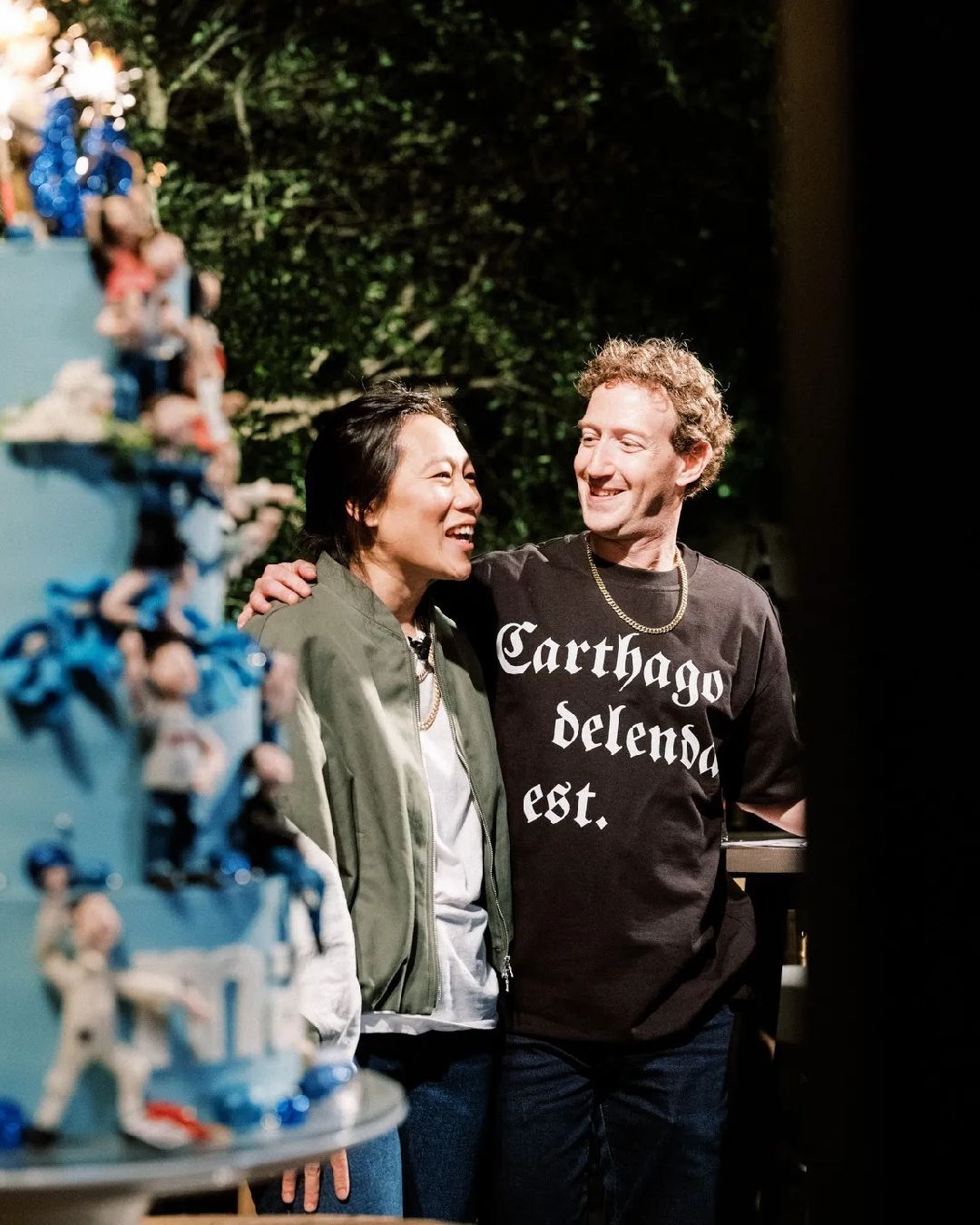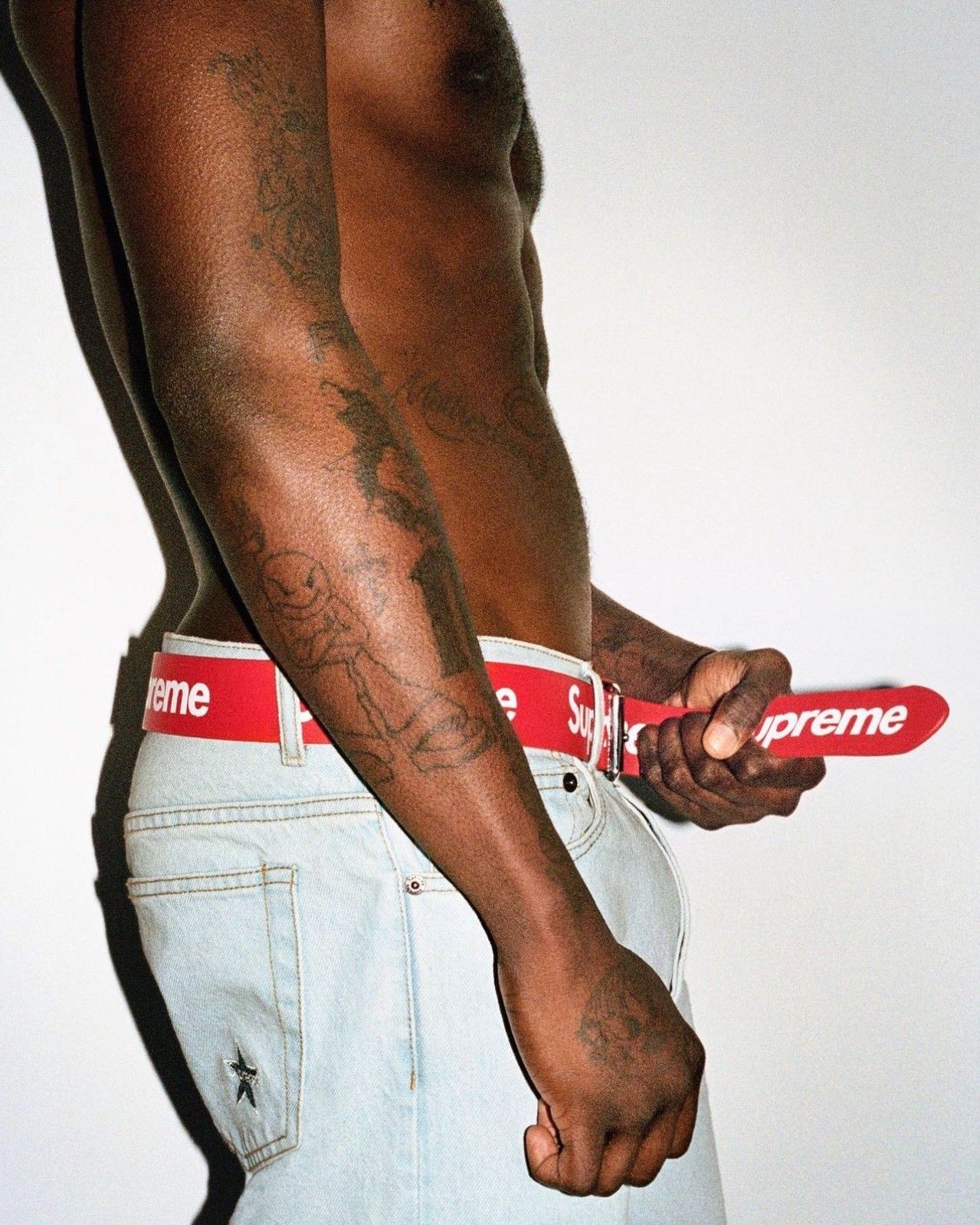
Tremaine Emory left Supreme because of racism Apparently, the last straw was drawn after VF Corporation cancelled a collaboration
Supreme is a strange creature. After starting out as a New York cult brand and thriving in the skate community, the streetwear explosion nearly a decade ago catapulted it to worldwide fame. Supreme was a cultural phenomenon that people were lining up for, able to spark an entire generation's passion for the resell market and spread around the world. But growth also leads to moving beyond its origins: in 2020 Supreme was acquired by VF Corporation, that of Timberland, Vans, and The North Face, and lost its status as an independent brand while still maintaining good success. The news that Tremaine Emory, the creative behind Denim Tears, would become the brand's new creative director had sparked excitement but now, after two seasons, Emory officially resigned from his position citing concerns related to "systemic racism" within the corporate structure. The allegations of systemic racism stem from Emory's frustration with the way corporate management handled a planned collaboration between Supreme and African American artist Arthur Jafa. According to the resignation letter, Emory allegedly ran up against a strong lack of communication and transparency regarding the cancellation of the collaboration. This experience led him to believe that the problem was indicative of a deeper structural racism within the company.
Supreme responded to Emory's claims by stating that the collaboration with Arthur Jafa was not cancelled and expressing a different view on the characterization of the situation. The company's statement points out that this was the first time in 30 years that Supreme appointed a creative director, expressing disappointment at the outcome while wishing Emory the best for the future. Supreme itself has a history of being inspired by African American culture, with references such as its name inspired by John Coltrane's A Love Supreme and apparel featuring cultural figures such as Malcolm X and members of the Wu-Tang Clan. However, the brand has received criticism for its cultural appropriation over the years-criticism that has never been seriously investigated. In August, Emory himself had spoken to Just Smile Magazine expressing distrust of collaborating with conglomerates and fashion groups: «These conglomerates are banks. [...] This is late-stage capitalism. These institutions will finance a designer, an artist, a band, a director, a writer or whatever to make something to get more money than what they put in. That’s what it’s about for them». Of course, it doesn't help much that worldwide sales of the brand are dropping. Could it be that Emory is leaving precisely because the brand is in crisis?
Why is Supreme in crisis?
@complexstyle Is Supreme dead? We hit the streets of New York to find out. #supremenyc #supreme #fyp #nycstyle original sound - Complex Style
In June, parent company VF Corp's annual report had revealed that brand had experienced a decline in its financial performance in the fiscal year ending March 2023. The company generated $523.1 million in revenue during this period, down from the $561.5 million it earned in the same period the previous year. Similarly, Supreme's net revenue declined to $64.8 million from $82.4 million in the previous year. This financial performance deviated from the company's previous projection, which had projected revenues of $600 million in the same period after acquiring Supreme in 2020 for a hefty $2.1 billion. This move aimed to capitalize on Supreme's widespread popularity among both young streetwear fans and luxury consumers.
However, streetwear's relevance in the fashion landscape has declined as trends have evolved, leading to challenges for Supreme. Last year, for example, Supreme lost its position as the most-traded brand on StockX, a record it had previously held. The Fear of God brand, led by Jerry Lorenzo, took its place as the most traded brand on the platform. These financial and market changes underscore the changing dynamics within the streetwear and fashion industry, with traditional giants like Supreme facing challenges from new players that resonate more effectively with the preferences of the younger generation.










































